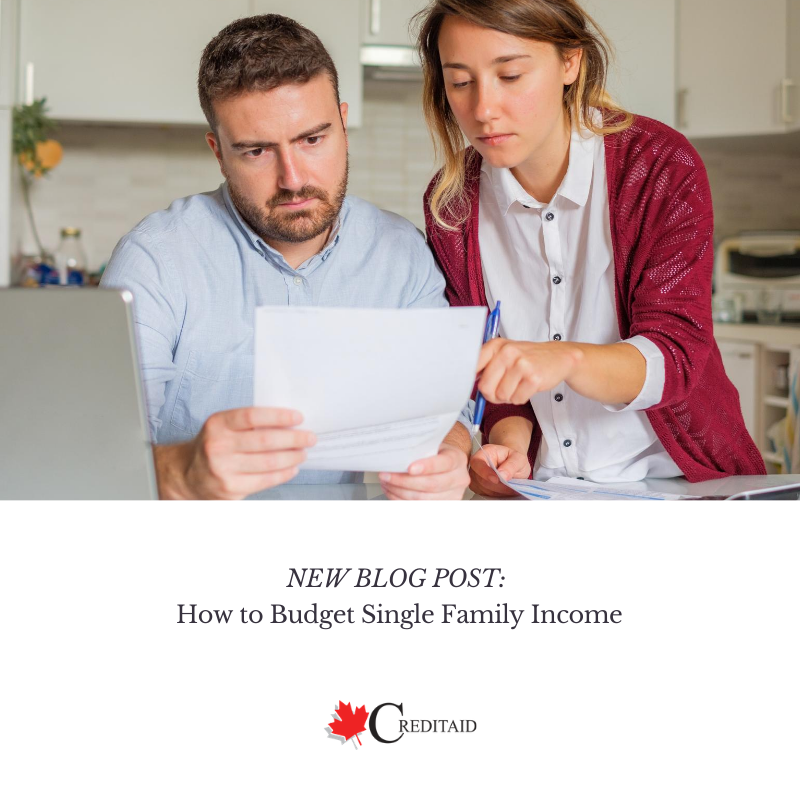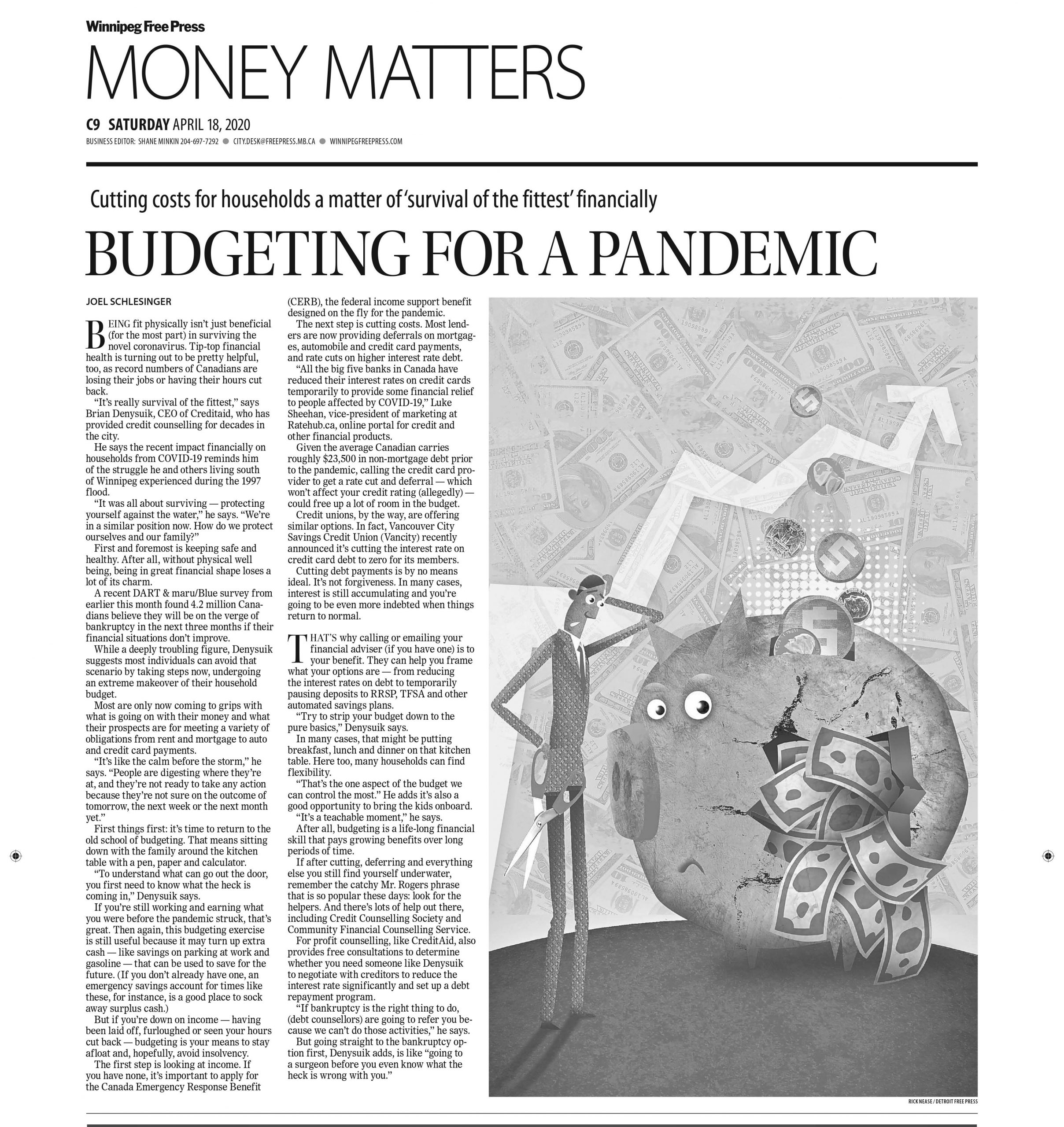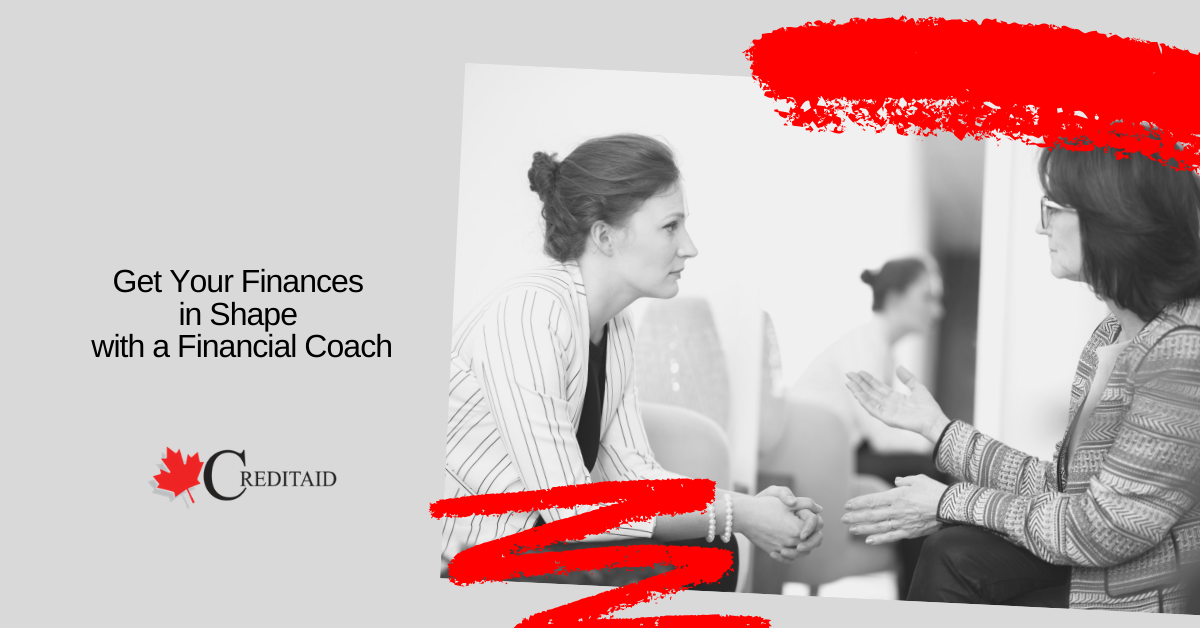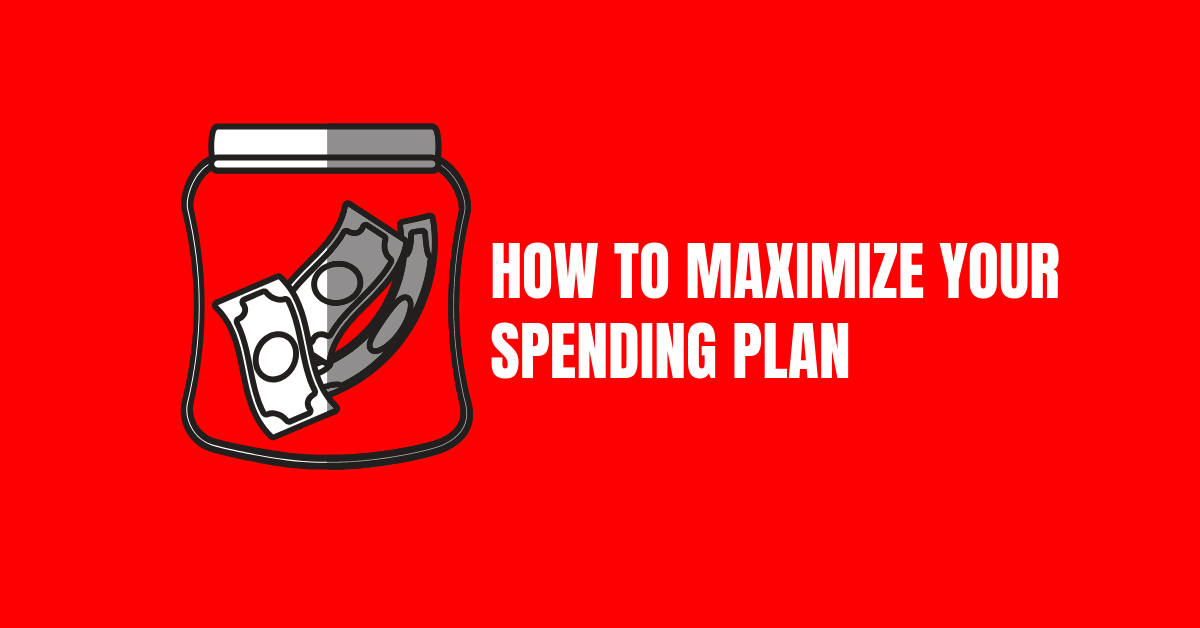If any part of your New Year’s resolutions has to do with money, you’re in good company. So many people say they want to get their finances straight and get out of debt. But, there’s a difference between saying and acting it. Are you ready to put your words into action? Check out the simple tips to get started below.
Review Your Existing Financial Situation
First, you don’t know what you need to improve until you know your financial situation. Sit down with the last 12 months’ of bank statements. Go through each statement carefully, adding up your income and expenses for each month.
Do you see any trends as you tally up your totals? Do you find that you go over budget often – spending more than you make? That right, there could be a reason for your debt. Now, take out your credit card statements – again, looking at the last 12 months of statements. What do you notice? Did you buy things you didn’t need? Did you make minimum payments rather than paying your debts off in full? Take note of each of these habits as we move onto the next step.
Figure Out What’s Important to You
Now it’s time to think about what’s important to you. After you’ve looked at your statements, you know where your money went. How much of it resonates with you, and how much of it makes you frustrated that you spent your money that way?
This is a great place to start as you figure out what’s important to you. Creating a spending plan shouldn’t be about sacrificing or feeling like you can’t do anything. It should be a good balance between fixed expenses, variable expenses, saving, and giving. Knowing what’s important to you and what you aren’t willing to give up is a big part of the puzzle.
Create a Budget That Includes Debt Reduction Plans
Once you know where you stand, it’s time to create a budget. Don’t let that be the dreaded ‘b’ word in your life. Creating a plan gives your money a job or a purpose. Would you get up out of bed every day without a plan? You might, but it would be a lot harder to be productive, right? The same is true for your money. You know how much you earn, now figure out how best to spend it.
Once you create your budget, put it on paper. Make sure you are flexible, though. Don’t assume the first plan you set will solve all of your problems. You may have success in the first month, or you may find that you have to make some adjustments, and that’s okay. It’s about awareness, flexibility, and taking the steps necessary to put your plan in place.
Are you ready to get yourself out of debt in 2020? If it’s more than about debt consolidation and more about debt elimination, we’re here to help. Call Creditaid at 204-987-6890 or email info@creditaid.ca for a FREE debt consultation. We’ll help you see where you stand, what you need to do, and how soon you can say that you, too, are debt-free.







